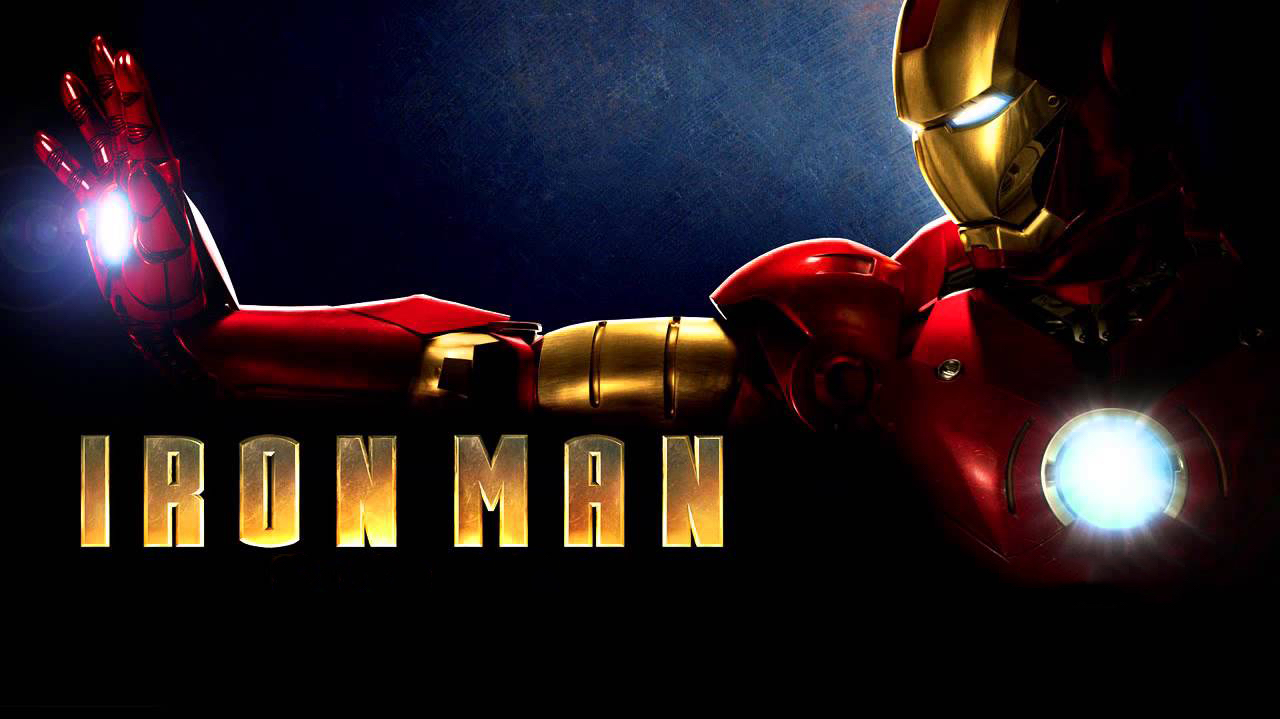Why Wasn’t The 2008 Iron Man Movie A Failure? After All, It Should’ve Been

Join the community on Reddit for the latest Marvel & DC news!
It’s been said that the stock market can’t be predicted. Instead, to achieve any semblance of success those who try it need an understanding of fluctuation, timing, and market conditions. Even then there are no certainties.
Looking back, the same can be said about the MCU. Who could’ve predicted that after the release of 2008’s Iron Man movie, the future of cinema would rely heavily on costumed heroes? Think about it. The Iron Man movie launched a revolution.
Sure, Christopher Reeves and Superman found success decades before it. Hell, even X-Men chartered new territory a number of years ahead of it. However, of the many successful and unsuccessful attempts at superhero movies, Iron Man was the game changer.
10 years and 20 extremely successful movies later and it’s hard to believe that the Iron Man movie was a risk. At its release, superhero fronted movies didn’t do too well at the box office, save for X-Men, Batman, and Superman. But even they didn’t last.
The Christopher Reeves led Superman movies got worse with time. X-Men plateaued at X-2 and crashed to Earth with The Last Stand. And Batman, well, let’s not talk about anything that didn’t include Michael Keaton or Christian Bale.
Iron Man was different. Iron Man didn’t have the ‘A-List’ allure that Batman, Superman, and the X-Men did. By all accounts, Iron Man was a ‘B-List’ character whose movie should never have seen the light of day. Aside from an ill-fated cartoon, Iron Man never really achieved mainstream popularity. In fact, up until 2008, most comic books fans knew him as the character that battled alcohol addiction.
One simple question
How could Marvel, with all of their creations, place Iron Man as the leader of their revolution? Sure, they didn’t own the cinematic rights to Spider-Man, the Fantastic Four, and the X-Men but why Iron Man? Surely there was another hero they could call upon? Of course, there was but that wasn’t the plan.
I think about this often and I always circle back to two things. First, Marvel had nothing to lose. And second, by taking a lesser-known character, they decreased the risk of fan backlash.
Marvel really did have nothing to lose. This was the company, who just a decade earlier, filed for bankruptcy. By the mid-2000’s the company was still floundering to find its way. It had dominated comic sales for many decades but then, after the 1990’s boom (which it so proudly fanned the flames on), it couldn’t muster the strength to get out of bed. To say their situation was bad doesn’t quite describe what happened. The company had its stock drop from $35.75 in 1993 to $2.375 in 1996.
It’s been said that the most dangerous animal is one backed into a corner. Marvel, after the 1990’s was backed into a corner and had nothing left to lose.
Prejudice aside
Using Iron Man also provided the company a chance to try something new without fear of prejudice from those who supported them most.
Not only did they not own the rights to anything “mainstream”, most “mainstream” products had been done many times before, each with varying degrees of success. Worse yet, those same “mainstream” characters who had their chance to shine in cinema, had their origins rehashed more times than I wish to count.
Thankfully, Marvel understood this.
By using a character that so very few knew of, they positioned themselves to be able to tell their own story without the fear of prejudice. The most important of these being the choice to cast well-known Hollywood
Hindsight is always 20/20 and the casting proved to be very fruitful for both parties. This doesn’t, however, take away the fact that it was a risk.
RDJ, as he is known as in the media, was fresh off a series of drug arrests. Early in his career, he had cemented himself as one of the finest actors in Hollywood. Unfortunately, during the latter part of the 90’s, he too struggled. His struggles, unlike those at Marvel, were addiction based.
When he was cast as Tony Stark nobody gave him a chance. Peculiarly, here was Marvel, fresh off a bankruptcy, casting a known drug addict. By all accounts, choosing RDJ should’ve backfired…but it didn’t.
His performance was one of the standouts of the film. At the end of the movie, as if some sort of foreshadowing, he proudly proclaimed, “I am Iron Man.” And he was right. He was/is Iron Man.
Bar set
The Iron Man movie released to critical and commercial acclaim. The superhero bar had been set by the recently released Spider-Man and X-Men movies. Iron Man firmly picked up the bar and moved it. With the bar removed, came the birth of the MCU.
The weekend after Iron Man came out, Marvel knew they had done it. Of the $140,000,000 budget it cost to make the movie, they had domestically recouped $100,000,000 of it. The movie would go on to gross north of $585,000,000 netting Marvel $445,000,000.
By today’s superhero standards, grossing $445,000,000 seems like something not worth bragging about. However, for a studio looking to a) establish itself and b) prove that the world wanted its heroes, it was a huge accomplishment. Iron Man did everything that Marvel needed it to do. It ushered in a new age of movies that comic book fans all over the world patiently waited for.
It’s easy to look back and think that Marvel knew what would happen after its release. However, I don’t think that they did. Like the person who plays the stock market, they hit the right timing and coupled it with the perfect market conditions. And now, the world is better for it.
Cheers,
Joel
Liked this article? Join the community on Reddit for the latest Marvel & DC news!

